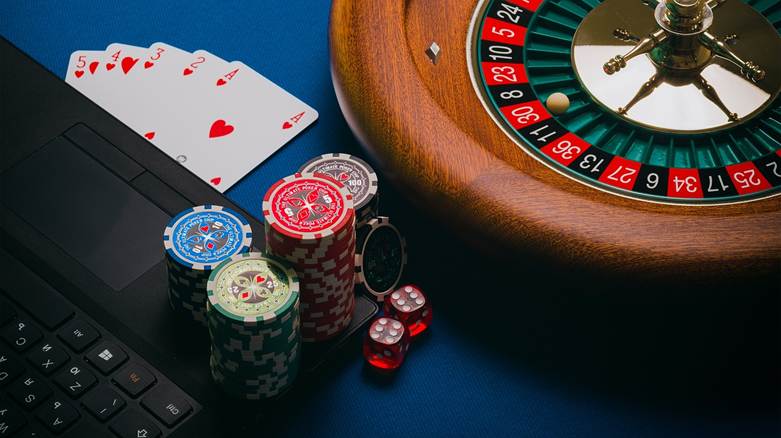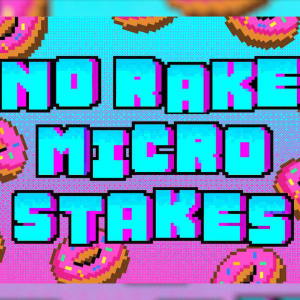Success often comes down to two skills in competitive gaming: reading your opponent and adapting on the fly. Much like the card tables of poker, where strategy, probabilities, and psychology intertwine, the most formidable gamers are predicting, not simply reacting. Here, we’ll explore how the core principles of poker theory offer powerful lessons for any gamer looking to sharpen their prediction game. From leveraging game-theory optimal frameworks to exploiting patterns and building adaptive instincts, these insights will help you stay a step ahead.
Embracing Uncertainty and Opponent Modeling
In poker, you rarely know exactly what your opponent holds. But what you do know is how they act, how the board is developing, and how they’ve behaved before. Translating this into competitive gaming, structured prediction means building a model of your opponent’s likely actions, continuously updating it based on observed behavior, and being ready to change your own strategy when they shift. That might mean changing your drop location in a battle-royale, switching up your approach in a strategy game, or altering your map control tactics in a shooter.
This adaptive logic is what keeps many poker enthusiasts in practice between live tournaments. In many states where regulated real-money poker platforms remain limited, players from these states often refine their decision-making skills through poker games available in Illinois, Ohio, Iowa, and beyond. These offshore-licensed platforms offer fast-paced poker variants and analytical gameplay environments that reward observation, memory, and calculated adjustment, which is precisely the mental framework that fuels predictive skill in both poker and esports. The ability to read shifting probabilities and react under uncertainty translates directly from those digital tables to the competitive arena.
Game Theory Optimal (GTO) vs Exploitative Play
One of the core dichotomies in poker theory is the tension between playing a game-theory optimal (GTO) strategy and playing exploitatively, i.e., deviating from GTO to capitalize on an opponent’s weakness. In competitive gaming, the same idea applies. You may have a solid “safe” meta-strategy that works across many opponents, and this is the same as GTO. But when you detect an opponent’s weakness (like if they always rush early in a strategy game, or they over-peek corners in a shooter), you switch into exploit mode, adjusting your own approach to punish that tendency. The key is knowing when to hold your baseline strategy and when to deviate.
Prediction Through Pattern Recognition and Probability
Poker theory isn’t just about bluffing. It’s about pattern recognition, conditional probabilities, and expected values. For instance, players survey how often opponents raise from certain positions, how often they fold to continuation bets, and then adjust their ranges accordingly.
For competitive gamers, this means developing a keen eye for behavioral patterns and types of players: how often does your opponent rotate to the objective early? Do they consistently use a particular ability in corners? Do they reload only after a kill? These are analogous to betting patterns in poker. Quantifying these tendencies, either implicitly or explicitly, gives you an edge. Now, you’re not just reacting, you’re forecasting. And forecasters win more.
Adaptive Play: Staying Unpredictable While Predicting Others
If you become too predictable, opponents can model you and exploit you in return. Much like in poker, where an equilibrium strategy may prevent loss but not guarantee profit, the strongest competitive gamers balance predictability (solid fundamentals) with unpredictability (mixing up plays). You read them, they read you, and both sides are adjusting in real time. As gaming meta evolves, your predictive models must too.
In practice, this might mean altering your play style between matches, showing different builds or routes, and randomizing parts of your strategy so that opponents can’t easily forecast you. Meanwhile, you keep observing their patterns, adjusting your expectations as you go.
Translating Poker Lessons Into Gamer Habits
To bring poker strategy into your gaming routine, start by establishing a baseline understanding of how most players behave in your chosen title. Then, pay attention to when opponents deviate from that baseline. Every early rush, every repeated peek, every ill-timed rotation is a data point that lets you shift into an exploitative mindset. Keep updating your expectations as matches unfold; prediction is fluid, not fixed.
Equally important is adaptability. When your opponents begin adjusting to your play, change your rhythm before they can predict the next step. The best players don’t just predict, they actually anticipate being predicted. Staying a move ahead requires second-order thinking and the discipline to avoid falling into patterns yourself. Maintain enough randomness in your decisions to remain unreadable, even as you study every nuance of your rivals’ behavior.


